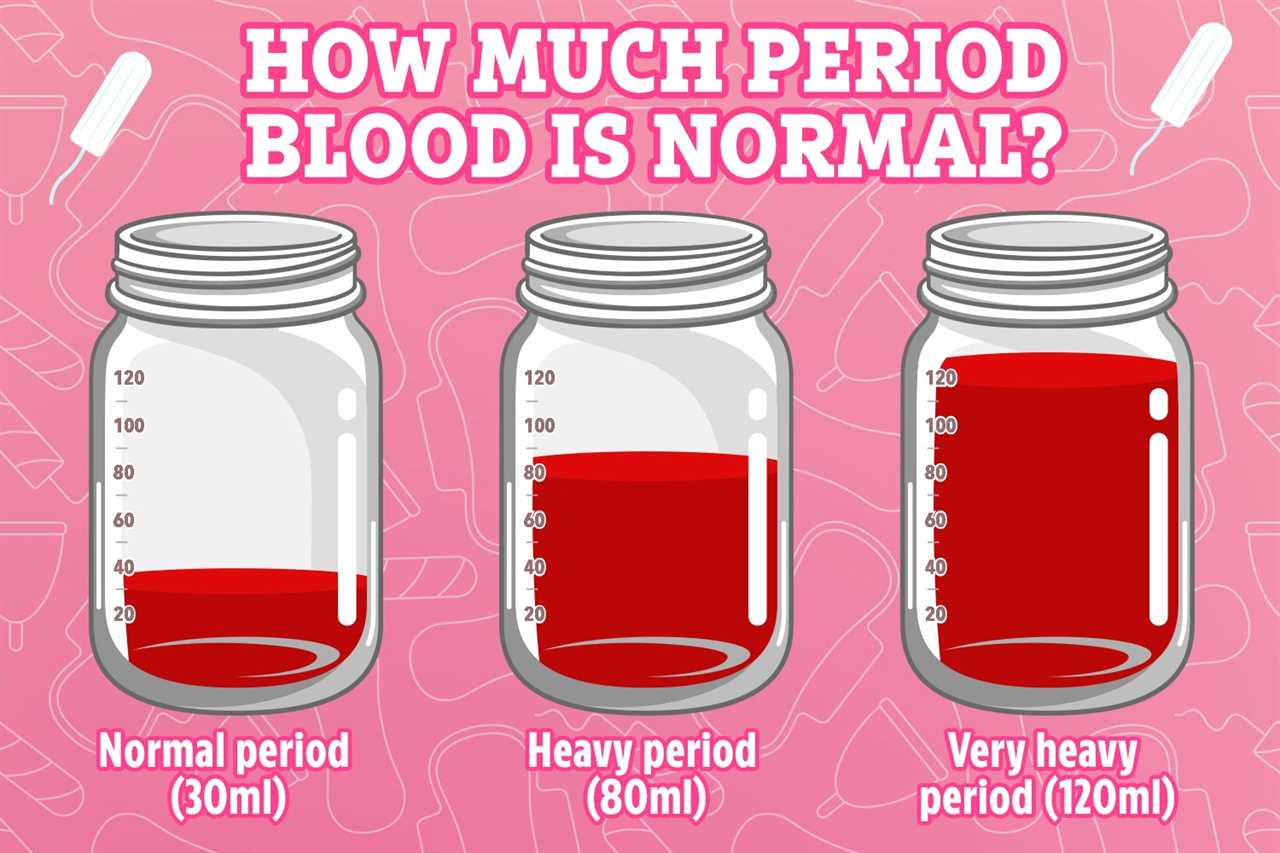
Is Your Period Heavier Than Normal?
When it comes to periods, there is a textbook definition of normal. But what is normal for you? The NHS defines a normal period as losing between 30 and 60ml each month. Anything more than 80ml is considered heavy. Another way to gauge if your period is heavy is to count the number of pads or tampons you use. If you have to change them every one to two hours or more frequently than recommended for a menstrual cup, it may be a sign of a heavy period. If you're unsure, an NHS test can help determine if your periods are heavy and if you should see your GP.
What Your Heavy Period Could Be Telling You
Dr. Fran Yarlett, GP and medical director at The Lowdown, explains that while heavy periods can be normal for some people, a change in your period could indicate underlying medical problems. Here are five potential causes:
1. Cancer
Cervical cancer in its early stages can cause heavy bleeding, as well as bleeding after sex, between periods, or after menopause. While abnormal vaginal bleeding may have other causes, it's important to discuss any unusual bleeding with a doctor.
2. Fibroids
Fibroids are non-cancerous growths that develop in or around the womb. They can cause heavy periods by preventing the womb from contracting, making periods longer. They can also press on the womb lining, leading to more bleeding. Other symptoms include tummy pain, lower back pain, and frequent urination.
3. Perimenopause
If you're in your 40s and notice changes in your periods, you may be experiencing perimenopause. This is the time when your body transitions to menopause, and it can cause irregular and heavier periods due to changing hormone levels.
4. Hypothyroidism
Heavy periods could be a sign of an underactive thyroid, known as hypothyroidism. This condition occurs when the thyroid doesn't produce enough hormones, which can slow down the body's functions. Insufficient levels of the thyroid hormone thyroxine can cause heavy periods by affecting progesterone production and the body's ability to coagulate or stop bleeding.
5. Endometriosis
Endometriosis is a common but often undiagnosed health condition that causes severe period pains. It occurs when tissue similar to the lining of the womb grows in other areas of the body, typically in the pelvis, ovaries, fallopian tubes, or outside the womb. If you experience debilitating menstrual pains, it's essential to get checked by your GP as endometriosis can affect fertility and quality of life.
Conclusion
Understanding what your heavy period could be telling you is crucial for your health. If you notice any changes in your period, especially if it becomes heavier, it's important to seek medical advice to rule out any underlying medical conditions. Remember that everyone's period is unique, and what is normal for you may not be the same for someone else.
Did you miss our previous article...
https://trendinginthenews.com/cancer/family-brings-christmas-forward-for-daughter-battling-cancer






